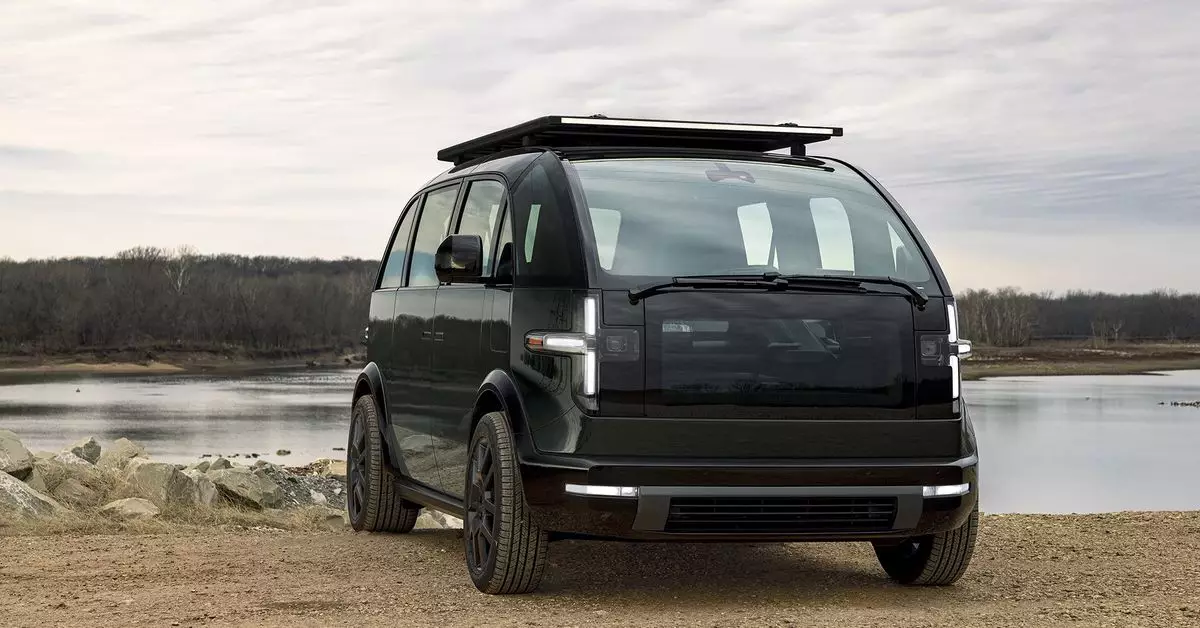The recent plight of electric vehicle (EV) startup Canoo has raised significant concerns within the tech and automotive industries. Following a wave of furloughs affecting numerous employees, the company has taken the drastic step of placing the remaining staff on a “mandatory unpaid break” until at least the end of 2023. This decision culminates in a bleak email notification that not only locks employees out of the company systems but also halts most operational activities. While employees retain their benefits until the end of the month, the overall mood within the company is certainly pessimistic as staff face an indeterminate period of unemployment.
Canoo’s financial instability has become increasingly apparent, with reports indicating that the company possessed a mere $700,000 in capital as of last month. This serious cash shortfall has forced them to idle production at their Oklahoma facilities while they seek new funding sources. The company’s struggle to secure necessary capital has become a significant roadblock in efforts to sustain operations, as outlined in recent publications. This situation is not an isolated incident, as the industry grapples with economic pressures, technological advancements, and heightened competition in the EV market.
In a bid to stabilize its financial situation and maintain a presence on the Nasdaq exchange, Canoo recently announced a 1-for-20 reverse stock split, slated to take effect on December 24th. This strategy aims to attract a wider array of both institutional and retail investors; however, such moves often point to deeper economic distress rather than strategic foresight. Share consolidations are frequently seen as an indication that a company is in dire need of a capital influx, raising questions about the long-term viability of Canoo’s operations.
Founded in 2017 with a mission to deliver electric vans and trucks aimed at adventure-seeking consumers, Canoo has largely delivered vehicles predominantly to government agencies. This deviation from its original consumer-focused vision has led to criticisms about its business model. Analysts have previously voiced concerns about the company’s potential insolvency, particularly as it has consistently struggled to generate cash flow since 2022. The mass departure of top executives, including the company’s founders and several high-ranking officials, adds to the narrative of instability—a clear indicator that the company is facing systemic issues that may be irreparable.
As Canoo shifts into an uncertain period characterized by staff furloughs and intense financial difficulty, the question remains whether the ambitious startup can regain its footing in a competitive landscape. The challenges facing Canoo underscore the volatility of the EV market, especially for companies that may have bitten off more than they can chew. Stakeholders and consumers alike are left wondering if the powerhouse of potential represented by Canoo will ultimately find a way to revive its aspirations or simply fade away into the annals of failed startups.


Leave a Reply